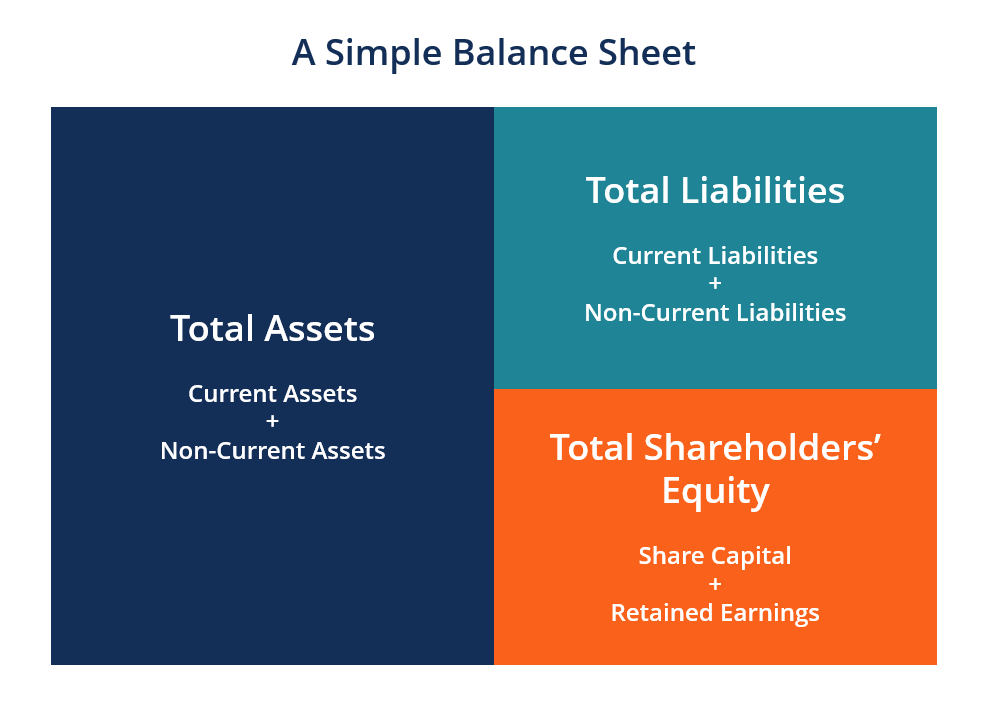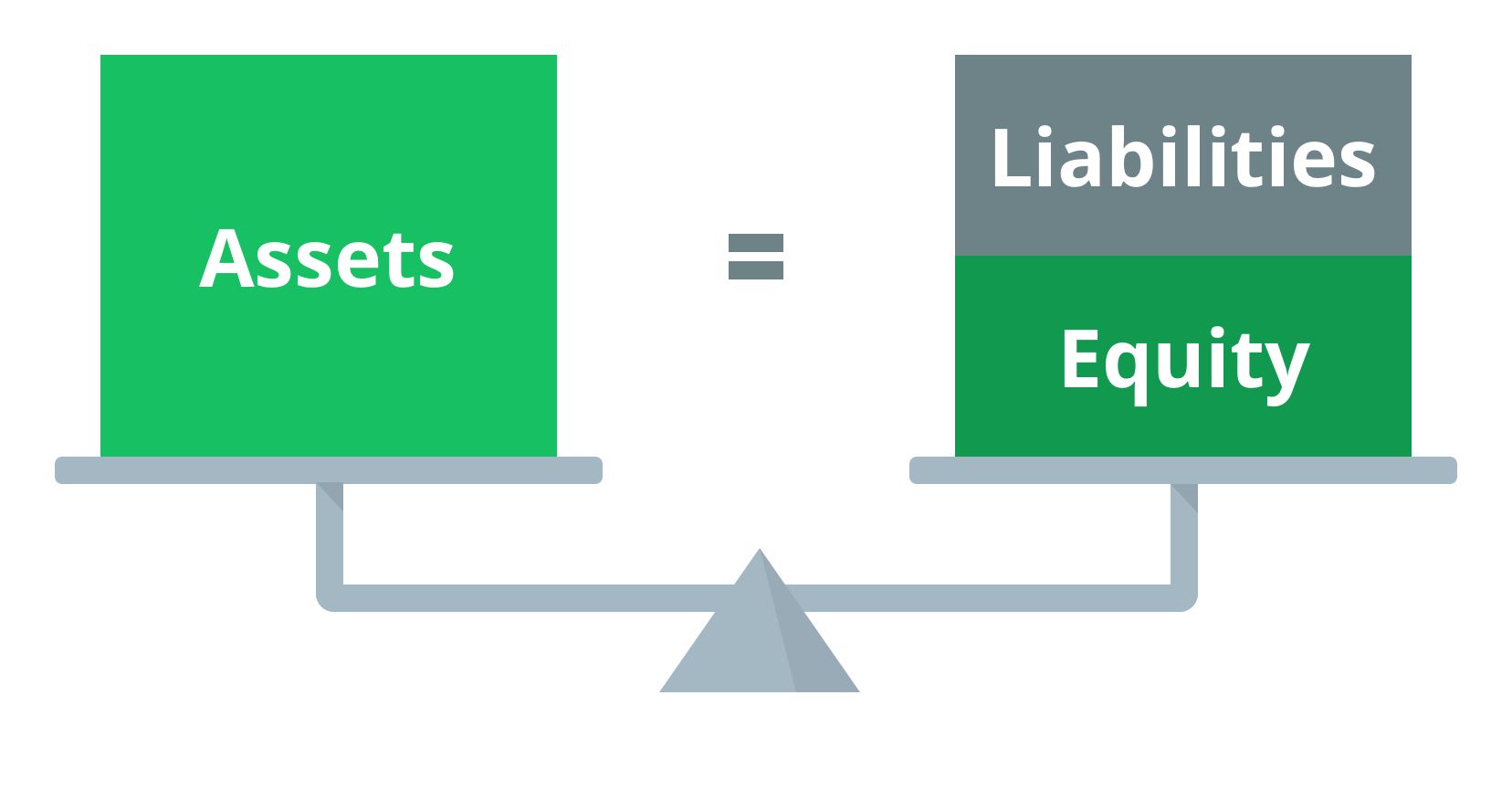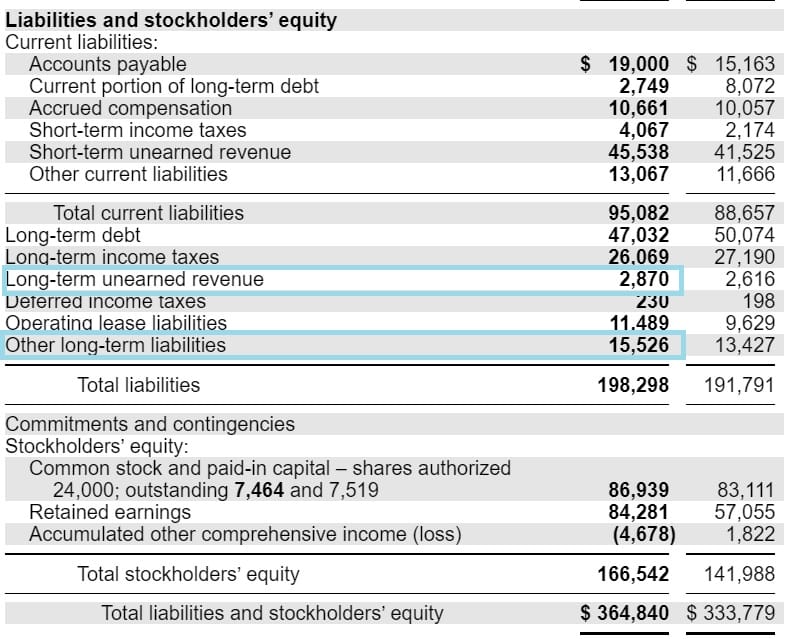What Is Equity Capital In Balance Sheet - Equity capital refers to the capital collected by a company from its owners and other shareholders in exchange for a portion of ownership in the company. Equity capital is funds paid into a business by investors in exchange for common stock or preferred stock. Equity is one of the main components present on the. This represents the core funding of a business,. Capital = 80,000 + 20,000. Equity capital represents the funds a company raises by issuing shares to investors. Instead, shareholders gain ownership stakes and. Unlike debt, equity does not require repayment. Key different between equity and capital.
Instead, shareholders gain ownership stakes and. Capital = 80,000 + 20,000. Equity capital refers to the capital collected by a company from its owners and other shareholders in exchange for a portion of ownership in the company. Equity capital is funds paid into a business by investors in exchange for common stock or preferred stock. Equity is one of the main components present on the. Key different between equity and capital. Unlike debt, equity does not require repayment. Equity capital represents the funds a company raises by issuing shares to investors. This represents the core funding of a business,.
Unlike debt, equity does not require repayment. Capital = 80,000 + 20,000. Key different between equity and capital. Equity is one of the main components present on the. Equity capital represents the funds a company raises by issuing shares to investors. Instead, shareholders gain ownership stakes and. This represents the core funding of a business,. Equity capital is funds paid into a business by investors in exchange for common stock or preferred stock. Equity capital refers to the capital collected by a company from its owners and other shareholders in exchange for a portion of ownership in the company.
How balance sheet structure content reveal financial position Artofit
Instead, shareholders gain ownership stakes and. Equity capital is funds paid into a business by investors in exchange for common stock or preferred stock. Unlike debt, equity does not require repayment. Equity is one of the main components present on the. Capital = 80,000 + 20,000.
Balance Sheet Key Indicators of Business Success
Equity capital refers to the capital collected by a company from its owners and other shareholders in exchange for a portion of ownership in the company. Key different between equity and capital. Instead, shareholders gain ownership stakes and. Equity capital is funds paid into a business by investors in exchange for common stock or preferred stock. Unlike debt, equity does.
Balance Sheet Definition Formula & Examples
Equity capital refers to the capital collected by a company from its owners and other shareholders in exchange for a portion of ownership in the company. Capital = 80,000 + 20,000. Instead, shareholders gain ownership stakes and. Unlike debt, equity does not require repayment. This represents the core funding of a business,.
Balance Sheet Definition & Examples (Assets = Liabilities + Equity)
Equity is one of the main components present on the. Key different between equity and capital. Instead, shareholders gain ownership stakes and. Unlike debt, equity does not require repayment. Equity capital is funds paid into a business by investors in exchange for common stock or preferred stock.
How to Read a Balance Sheet (Free Download) Poindexter Blog
Equity capital is funds paid into a business by investors in exchange for common stock or preferred stock. Equity is one of the main components present on the. Instead, shareholders gain ownership stakes and. Key different between equity and capital. Unlike debt, equity does not require repayment.
Equity Method of Accounting Excel, Video, and Full Examples
This represents the core funding of a business,. Instead, shareholders gain ownership stakes and. Equity capital represents the funds a company raises by issuing shares to investors. Equity capital refers to the capital collected by a company from its owners and other shareholders in exchange for a portion of ownership in the company. Unlike debt, equity does not require repayment.
Owners’ Equity, Stockholders' Equity, Shareholders' Equity Business
Capital = 80,000 + 20,000. This represents the core funding of a business,. Key different between equity and capital. Equity capital is funds paid into a business by investors in exchange for common stock or preferred stock. Equity capital represents the funds a company raises by issuing shares to investors.
Invested Capital Formula The Exact Balance Sheet Line Items to Use
Unlike debt, equity does not require repayment. Equity is one of the main components present on the. Capital = 80,000 + 20,000. Equity capital represents the funds a company raises by issuing shares to investors. Key different between equity and capital.
Balance Sheets 101 Understanding Assets, Liabilities and Equity HBS
Capital = 80,000 + 20,000. Equity is one of the main components present on the. Unlike debt, equity does not require repayment. This represents the core funding of a business,. Equity capital represents the funds a company raises by issuing shares to investors.
The Balance Sheet
Equity capital represents the funds a company raises by issuing shares to investors. Capital = 80,000 + 20,000. This represents the core funding of a business,. Key different between equity and capital. Equity capital refers to the capital collected by a company from its owners and other shareholders in exchange for a portion of ownership in the company.
Equity Capital Is Funds Paid Into A Business By Investors In Exchange For Common Stock Or Preferred Stock.
Instead, shareholders gain ownership stakes and. Key different between equity and capital. Unlike debt, equity does not require repayment. Equity is one of the main components present on the.
Equity Capital Refers To The Capital Collected By A Company From Its Owners And Other Shareholders In Exchange For A Portion Of Ownership In The Company.
This represents the core funding of a business,. Equity capital represents the funds a company raises by issuing shares to investors. Capital = 80,000 + 20,000.


:max_bytes(150000):strip_icc()/dotdash_Final_Balance_Sheet_Aug_2020-01-4cad5e9866c247f2b165c4d9d4f7afb7.jpg)






